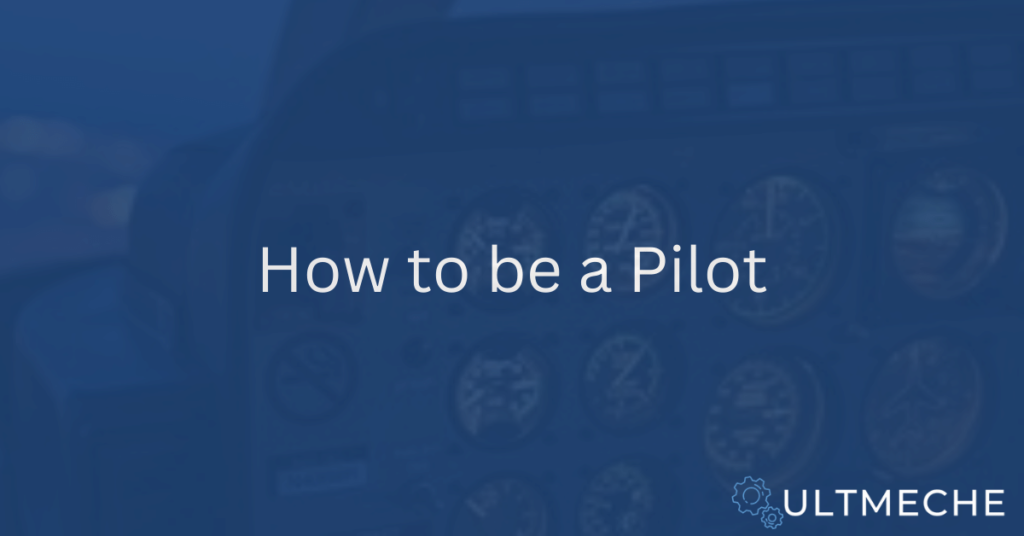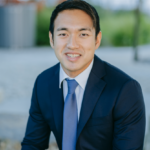It’s no easy feat to learn how to be a pilot.
First, let’s talk about what a pilot is.
A pilot is a skilled aviator responsible for the safe and efficient transportation of passengers or cargo.
Pilots go through extensive training in areas such as:
- Flight Controls
- Instrument Reading
- Navigation
- Emergency Procedures
Pilots’ duties may vary in different applications such as commercial airline, military, or cargo pilots, but safety, professionalism, and adherence to established procedures are fundamental.
Core duties include pre-flight preparation, aircraft operation, and maintenance. Pilots conduct pre-flight inspections, review weather reports, analyze flight plans, and consider factors like fuel requirements and operational restrictions.
They also handle takeoff, climb, cruise, descent, and landing, monitoring flight controls and systems to maintain stability. Pilots must possess strong technical abilities, situational awareness, and effective communication skills to navigate and operate aircraft safely while prioritizing passenger and crew well-being.
But based on many individuals, being a pilot is a wonderful journey that allows you to fly through the sky and experience the world from a completely new perspective. If you’ve always loved taking control of an airplane and navigating the wide range of air, here are some steps to help you change that feeling.

Education
First, it is important to have a strong education foundation. The completion of high school or obtaining an equivalent qualification is the first step. Subjects such as mathematics, physics, and English will be useful as you immerse yourself in the principles of flight and communicate effectively with the aviation industry.
It is important to choose a reputable institution that is legal with the aviation authority, and not just simply that, you should know enough about whether the institution you entered is legal and trustworthy that will not put you in any disaster.
Pilot Training
Pilot training is usually composed of two main components: ground school and flight training.
Ground School
Ground schools contain theoretical knowledge, including aerodynamics, meteorology, navigation, aircraft systems, and aviation regulations. In short, ground schools teach you what you need, which is to know if you are ready or not. This knowledge is essential for understanding the principles and processes involved in the transition.
Flight Training
Flight training is where true joy begins. You will gain practical experience in aircraft operation, learning how to operate different types of aircraft, mastering takeoffs and landings, navigation methods, emergency procedures, and developing general launching capabilities. Certified flight instructors are there to teach you, provide hands-on instruction, and evaluate your development in using airplanes.
To pursue a career as a professional pilot, you need to obtain a pilot’s license.
Private Pilot License (PPL)
The most common license is the Private Pilot License (PPL).
An applicant for a private pilot certificate must have 40 hours of flight time, of which 20 must be with an instructor and 10 must be on their own. The remaining hours are set aside for instrument training, nighttime, cross-country, and practical test preparation, which allows you to fly for recreational purposes.
Commercial Pilot License (CPL)
However, if you are looking to become a commercial pilot, you need to obtain a Commercial Pilot License (CPL). Depending on the region or institution, candidates must possess a commercial license under regulations, which include 50 hours of cross-country travel and 250 hours of flight time, including 100 hours as a pilot-in-command and 50 hours in an aircraft. This license requires more flight time and more advanced training.
Based on my research, once you have obtained your CPL (commercial pilot license), you can choose to specialize in specific areas such as airline transport, helicopter operations, or flight instruction. Each specialization requires further training and certifications according to the specific field.
The Qualities You Need To Become A Pilot
Being a pilot also requires some personal qualities. Good communication skills, the ability to discuss problems, awareness of situations, and the ability to stay healthy under pressure are all important. Compliance with strict safety protocols and regulations is essential to ensuring the health of passengers and crew.
After your training and obtaining the necessary licenses that I mentioned, it is time to gain experience and build flight times. Many pilots start their careers by working as flight instructors, charter pilots, or with regional airlines. This allows them to gain valuable experience and development towards their destination of travel for major airlines or corporate aviation.
Continuing education or learning about what’s new in this career and keeping updated on the latest developments in aviation are essential for a pilot’s career growth. Regular medical examinations and continuous training are required to maintain licenses and stay up to date with safety processes.
Closing Thoughts on How to be a Pilot
In conclusion, being a pilot is an exciting and successful journey. It requires care, confidence, and a genuine love for flying. By following these steps, obtaining the necessary education and licenses, and continuously upgrading your skills, you can convert your dream of being a pilot into reality. So, expand your wings, accept cooperation, and let the sky be your playground as you begin the wonderful journey of being a pilot.
Let me give you a quote for today.
“Success is not the key to happiness. Happiness is the key to success. If you love what you are doing, you will be successful.” – Albert Schweitzer
About the author

Kazuyoshi Fujimoto, PE
Founder | Engineering Career Coach | Principal Mechanical Engineer
Kazu oversees all of ultmeche’s engineering services. He provides consulting such as resume reviews, rewrites, mock interviews, and all services career related. Additionally, Kazu performs consulting work regarding Oil & Gas, Automotive, and Aerospace & Defense. Kazu is licensed as a professional engineer in the state of California and has 9+ years of experience in Oil & Gas, Automotive, and Aerospace & Defense.

1 thought on “How to be a pilot”